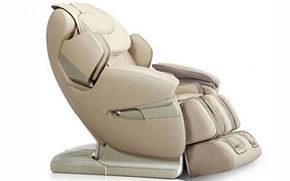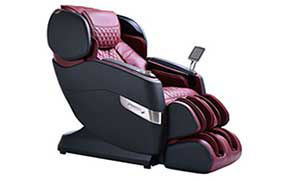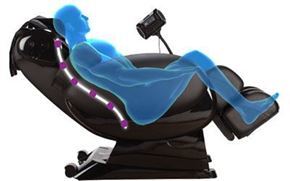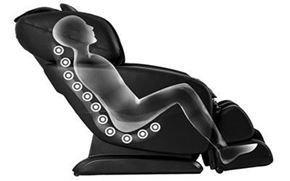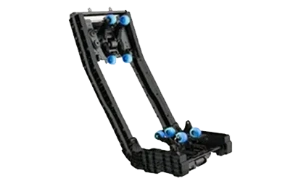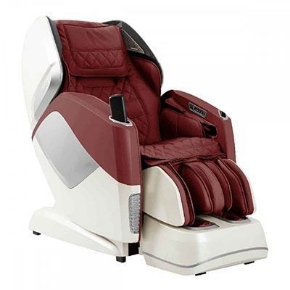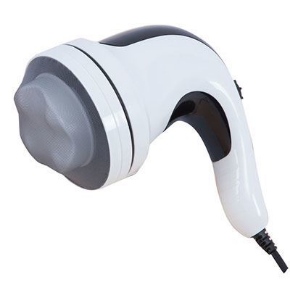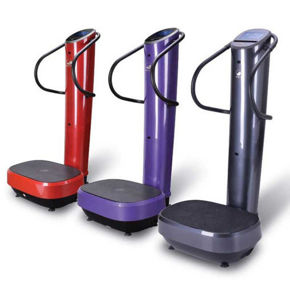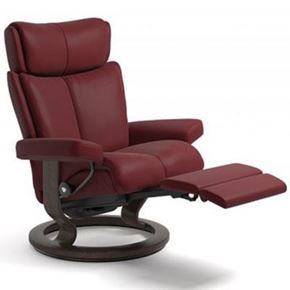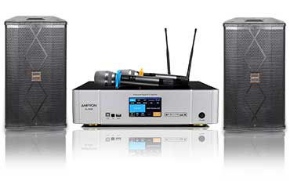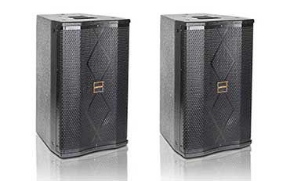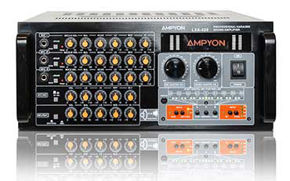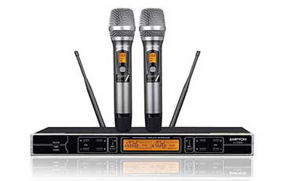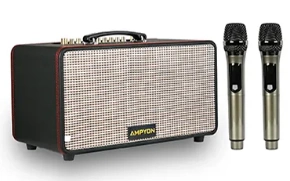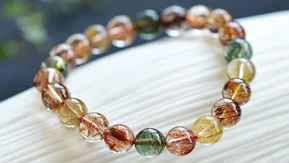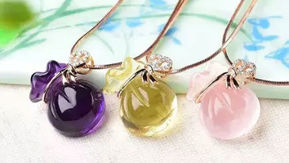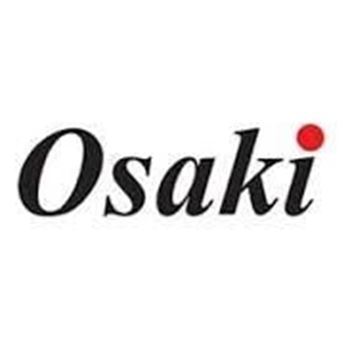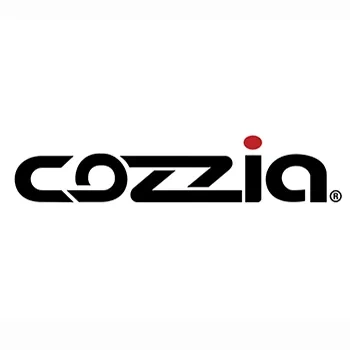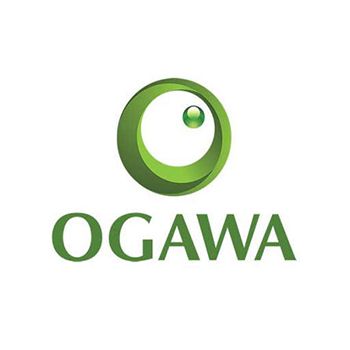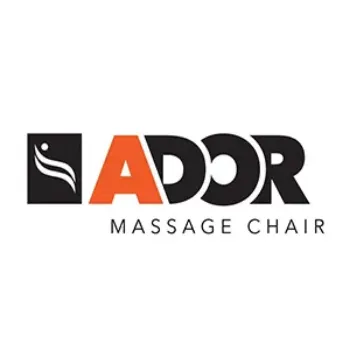Common knowledge would dictate “Japanese.” After all, Japan and China have different manufacturing cultures. While China focuses on quickly fulfilling demand, Japan focuses on durability. And isn’t durability what you want in a massage chair? Isn’t a durable chair one worth the high price tag? After all, most good massage chairs are $3000 to $10,000.
So Japanese Brands are Better?
Yes. Japanese massage chairs come with high life expectancies, low failure rates, and 3+ years of labor warranty. So you get a good service. But – just because a chair is Japanese, doesn’t mean you should buy it.
How So?
Often, people judge a brand’s nationality by the “Made in…” tag. So a Japanese chair is “Made in Japan.” And a Chinese chair is “Made in China.” But, there are so many nuances to chair manufacturing. In fact, much of a chair won’t be made in its native country at all! So don’t expect most Japanese chairs to be “100% Japanese.” Nor should you expect most US chairs to be “100% American.”
I Don’t Understand. Alright, let’s break down the process for you.
When manufacturing any complex item, there are 3 “basic” stages. Those are…
•Product Design.
•Parts Manufacturing.
•Parts Assembly.
Some manufacturers outsource some of those stages to “cheaper countries.”
Basically.
You can find a Japanese chair with a “Japanese product design” but a “Chinese parts manufacturing,” and a “US product assembly.” And still – it’ll have a “Made in Japan” tag. Now, the tag isn’t a lie. After all, the product’s design was sketched in Japan. But the tag doesn’t express the full truth either. It doesn’t show you “who contributes to what.” And Guess What? Most Japanese massage chair companies use Chinese help. Some “non-critical components” get manufactured in China. Others can be made in Japan…Basically, when judging a chair, don’t just look at the tag. You need to do in-depth research on the product!
Example – Ogawa Smart 3D.
Ogawa is a Japanese manufacturer. Yet, it’s known to make 100% of its chairs in China. But does that make it a bad company? Not really. Because it’s quite popular in the massage chair market! And if you didn’t know, it’s hard succeeding there. Especially since there are many “no name” brands. But for now, let’s focus on Ogawa’s topline product – the Smart 3D.
The Details.
This chair costs $7000. From the get-go, you can see it’s designed for luxury. Yet, it provides all the amenities of a quality chair. That is, touch-screen remote, luxury padding, and custom functionality. And it’s also well-reviewed. Add to that the extendable labor warranty. The Ogawa Company lets you pay for a 5-Year Labor Guarantee. Yet, it’s fully produced in Chinese factories. So the “Made in…” tags don’t matter much. In fact…
How to Judge a Massage Chair.
Set aside the “Made in Japan” and “Made in China” tags. In the massage chair market, they’re not the priority. In fact, the personal brands (and their histories) matter more. But what matters even more is the warranty and labor guarantee. Those factors truly define a chair’s quality.
Why?
Servicing a chair is expensive. First, a professional travels all the way to you, just to fix the chair. Plus, they’re a specialized employee… So it costs a company much to fix a massage chair. And that’s a cost they’d like to avoid. Obviously, the best method to do so is by making a chair that doesn’t breakdown! Quality here is a cost-saver. And only excellent companies understand that!
Important Note – Warranty Types.
You need an unlimited warranty in a chair. Some companies (especially no-name brands) offer limited warranties. That’s not enough…With a limited warranty, expect to hustle just to get serviced. And that’s not a fate you want for an expensive massage chair!
Example – Ideal Massage (ZERO Gravity).
This is a chair you shouldn’t buy. First, it has a 3 year limited warranty. So only specific parts get serviced. And you usually don’t know which. So even though it’s cheap (just under $1300) it’s not worth the cost. Because that’s still much money for an item that can’t be serviced…And if it ends up breaking down, all that’s left is a glorified leather chair. And that shouldn’t cost more than $400!
Other Issues.
This chair has 2 other disadvantages…First, the return policy puts all responsibility on you. That is, the customer makes all shipment arrangements…Sounds absurd for private consumption, right? Then there’s the branding of the chair. If you look at it, it’s over the top. And more importantly, it styles itself as “Shiatsu.” It’s a Japanese word. And it gives you the illusion that it was made there – but in reality, that’s not the case. This’ll actually be our next point…
Don’t Confuse “Massage Type” With “Made in…” Tags.
Basically, just because a chair says “Shiatsu” – doesn’t mean its Japanese. Shiatsu is actually a massage style. In massage chairs, it describes how rollers mimic this form of bodywork…Any massage chair can design its rollers for a Shiatsu style – whether they be Chinese or Japanese.
Another Point.
Some chairs style themselves as “acupressure chairs.” As is known, acupressure is a Chinese form of bodywork. Yet, having that in a chair doesn’t make it Chinese!
Example – Mercury D5000 Acupressure Point.
Currently, this chair isn’t in shop. And its parent company has closed too. But, we’re using it for illustration. This chair was sold by King Kong USA (obviously an American company). Yet, it styles itself as mixing acupressure point use. It’s something that exists in many high-tech massage products (especially cheaper massage seats).
OK I’m Confused – How Do I Shop for a Quality Chair? We understand your confusion. Massage chairs are complex products. And researching items in-depth isn’t something you do overnight…
It takes time to track the manufacturing process of a company. Plus, as we mentioned, there are thing to watch out for… like gimmicky branding tactics, limited warranties, etc. But still, we’ll cut your journey short.
How So?
Below, we have a massage chair company that’s “exclusively Japanese.” That is, the product design, manufacturing, and assembly is Japanese. That would be Inada. It’s one of Japan’s oldest tech companies. And it follow the old school “local quality control!”
Example – Inada Dreamwave.
Consider this the top-line model of Inada. It’s an $9000 chair. But beyond its pure origins, it comes with many pros that justify its price…For starters, it has a long roller track. It extends 29 inches down (from neck to waist). And this is longer than most models in its price range, which barely exceed 20 inches! This means the chair works well for tall people. If you’re over 6’ 3”, Inada Dreamwave is the model of choice!
Special Rollers.
Their lengths are anywhere from 6 to 20cm. Thus, you can get pinpointed massaging for special muscle groups. Or, you can opt for a holistic kneading option! Rollers also extend to the thigh and buttocks. And then there’s the option of extending rollers to your shoulders. This allows you to massage your entire back, without exception!
Comfortable Design.
The chair isn’t too flashy. It looks neat, with a dark black color all over. And that’s because it focuses on comfort. The FJ4300 is padded all over, from head to toe. After all, it comes with 29 airbags in total! You can also adjust the air bags for special needs. You can adjust them for the arms, shoulders, and your head!
Functionality.
This chair lets you adjust its width. And this means it suits wider folk (specifically obese people). But also, you can adjust its angle. You can get anywhere from 116 to 175 degrees. And that’s almost a full supine position! Thus, this chair perfect for napping. And it’s also perfect for sleeping!
In Summation.
When searching for a massage chair – country of origin isn’t everything. Sure, it matters. But many more factors go into evaluating a chair.
To summarize them, you have…
•Product Design.
•Parts Manufacturing.
•Parts Assembly.
Then, you have…
•Individual Brand Reputation.
•Warranty Type (Unlimited or Full).
•Watching Out for Sleazy Marketing.
But as a final tip, we also recommend looking at regulatory approval. Basically, any chair that’s FDA approved, CE certified, and ROHS compliant is bound to be good. Because if a manufacturer is willing to take extra regulatory steps – then be sure that their products are good!

